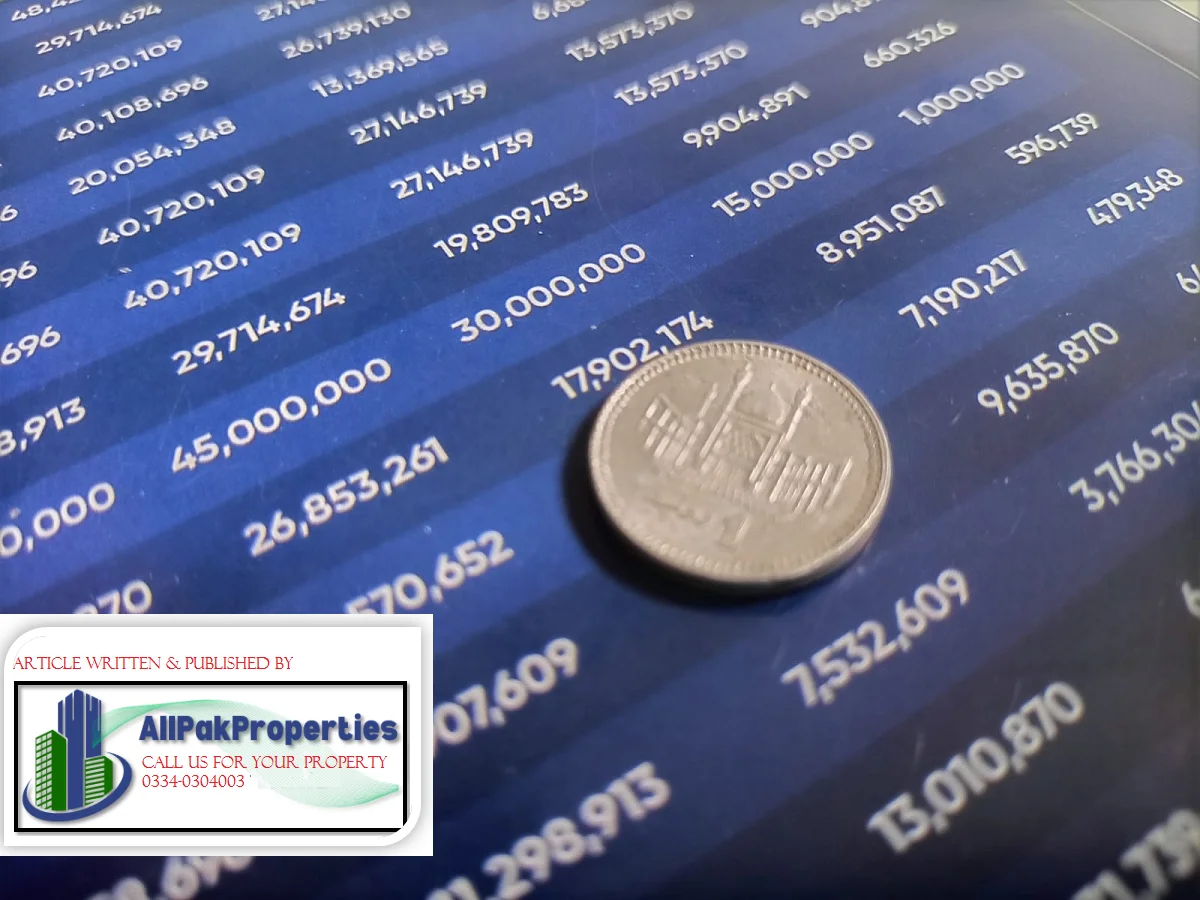Table of Contents
Token in Real Estate
In real estate, a “token” is a small initial amount that a buyer gives to the seller. It signifies the buyer’s definite interest in purchasing the property.
Example
Let’s suppose you are interested in buying a property and the seller wants to sell his property for Rs50 thousand, if you are ready to purchase the property at Rs50 thousand then you must give 1% to 10% of Rs50 thousand to the seller referred to as token in real estate. By giving the token money by the buyer to the seller, the seller will consider you the serious buyer of his property.
Why use token money instead of paying the full amount?
There could be any reason out of the four given below:
- Financial Convenience: Paying the entire amount at once could be a significant financial burden for either the buyer or the seller, making it more feasible to use token in real estate initially.
- Serious Buyer Indicator: In situations where multiple buyers are interested in the same property, offering token in real estate shows the seller that you are a serious buyer. This often leads to further discussions and potential agreement on finalizing the deal.
- Bound the seller: The buyer also gives token in real estate to ensure that the seller doesn’t sell the property to any other buyer unless the buyer arranges the full amount and hands it over to the seller.
- Nature of Bound: In a scenario with multiple buyers interested in the same property, when a buyer provides a token to the seller, it serves as a way for the buyer to secure the seller’s commitment exclusively. By doing this, the seller is morally bound but not legally. To make the seller legally bound once you are ready to make an agreement with him on the stamp paper with a payment of at least 20% or 30% or whatever both parties agreed.
Remember: The seller can only accept the token from one buyer at a time. If the seller intends to receive the token from a second buyer, they must refund the token money to the first buyer.
What if another buyer gives a token with a bigger offer?
As a token in real estate, when a buyer provides the initial amount to the seller, there is a moral obligation that the seller becomes bound to the first person who has given the token money. If the seller were to return the token and accept a higher offer from another person, it could severely damage the seller’s reputation. This can result in a perception that the seller is not trustworthy, and future dealings may be affected, as people tend to view the seller as someone who doesn’t honor their commitments. It is essential for both parties to uphold their integrity and maintain good standing in the real estate market.
Even though there are examples in the market where both the seller and the buyer fail to fulfill their commitments, in such cases, market norms dictate that the party, whether it’s the buyer or the seller, making a false commitment must face penalties.
Penalty for breaking the commitment
Penalty to a Buyer
Consider you’re a buyer who has given token money to a seller for their property. If, after providing the token, you decide not to proceed with the purchase for any reason, the seller may retain the token money as compensation. This serves as a penalty for backing out after making a commitment or potentially causing inconvenience to the seller.
Penalty to a Seller
if a seller receives a token in real estate from a potential buyer and later decides not to sell the property for any reason or accepts token money from another buyer by considering a second buyer’s better offer, then the seller is obligated to refund double the token money to the first buyer.
Market Practice of Tokens in Real Estate
Penalties for such scenarios are typically market practices not legal, unless both seller and buyer agreed upon by making the agreement. Sellers are generally reluctant for the written agreements on a small amount or just on token in real estate. They commonly prefer agreements on a more substantial percentage, say 20% or 30% of the total property amount. These agreements legally bind the seller to the buyer for a specified period, often around 30 days, offering more security compared to the moral binding of token money, which typically lasts for one or two days.
Related Video: Tokenization in Real Estate
Check Below properties in Scheme 33 Karachi
- Falaknaz Presidency
- Falaknaz Dynasty
- Commander Heights
- 4A Heights (Installments)
- Sohni Golf View
- Sohni Resorts Phase 2 – Video
- Fibbi Town Plots (installments)


